Microplastics Working Group
The Inland Ocean Coalition is part of a collaborative Microplastics Working Group with scientists from the University of Colorado, Boulder, and other local NGOs. The objective of this group is to raise awareness and understanding about the impact of microplastic pollution in Colorado waterways through research, community outreach programs, and eventually citizen science projects. These endeavors will help us understand the effect we have on our waterways and watersheds. Our goal is to eventually use our data and experiences to encourage best practices and provide policy recommendations and action at local and national levels.
The working group is currently building a robust research program that expands on the results of a 2017 pilot study (see below for more information), produced through a collaboration between the IOC and the Shaw Institute (formerly the Marine & Environmental Research Institute). The current phase of the “Rocky Mountain Microplastics survey” is focused on testing field and laboratory methods for identifying microplastics that would be suitable for a broader survey of Rocky Mountain rivers.
This summer and fall, teams consisting of CU Boulder students and IOC members will be using these methodologies to sample from 15 sites, including Clear Creek, Boulder Creek, Cherry Creek, the Poudre River, the Big Thompson river, and the South Platte. Microplastic pollution is not just in the ocean and determining its ubiquity across Colorado’s rivers will help guide action to address microplastic pollution in Colorado and beyond.

Pilot Study Finds Evidence of Microplastics in Colorado’s Headwater Streams
The Inland Ocean Coalition, in partnership with the Marine & Environmental Research Institute (MERI) of Blue Hill, Maine, carried out a pilot study in 2017 that found evidence of microplastics in several high alpine mountain tributaries and urban reaches of Boulder Creek and the South Platte River.
The report, Assessing Microplastics in Colorado Waters: A Pilot Study, used data from citizen-led water sample collection from remote alpine lakes and headwater streams as well as urban reaches of two of the Front Range’s most visible waterways. The study was designed to show the presence - or absence - of microplastics. Sample sites extended from above 11,000 feet elevation near the Continental Divide to below 5,000 feet just outside of Greely, CO. Although the sample size was very small, the goal was to find out whether water collected would show signs of microplastic contamination. The results of the analysis were unexpected – the water sample with the highest count of microplastics particles was collected near the difficult-to-access Fourth of July trailhead miles into protected wilderness outside of Nederland, CO.
“The Inland Ocean Coalition encourages communities to take an active role in land to-sea-stewardship through creek cleanups, plastic pollution reduction efforts, meeting with legislative leaders, local events, and more,” said Vicki N. Goldstein, Founder and Executive Director of the Inland Ocean Coalition. “Because plastic pollution is a widespread issue, we wanted to understand if it was impacting our local waterways.”
Over the past decade, plastic pollution has become a widely recognized issue, especially in coastal environments and ocean gyres that collect plastic and other debris. More recently, studies have exposed another culprit – synthetic clothing, such as fleece jackets and polyester garments, known to shed microfibers when washed.
As plastics are exposed to wind, water and harsh sunlight outside, they break into smaller particles that continue breaking apart until they are too small to see with the human eye. When microplastics enter water and soil, they are readily available to enter the food chain. Organizations around the world are studying these issues, but no one yet has a grasp on how microplastics are influencing Colorado’s water sources or local fisheries.
"Starting in 2012, MERI researchers pioneered the analysis of microplastics in Maine coastal waters and more recently in seafood tissues,” said Dr. Susan Shaw, MERI CEO and Founder. “We were pleased to partner with the Inland Ocean Coalition on this first investigation of Colorado waters, and frankly, the results are alarming – in the “pristine” ecosystems of both Maine and Colorado, we are finding microplastics, and in some areas, the amounts are substantial. To address the question of human exposure, a next step could be to examine microplastics in freshwater fish.”
The Inland Ocean Coalition and the Marine & Environmental Research Institute intend to use the findings of this study to pursue future research support and to learn more about the environmental and human health impacts of microplastics in Colorado waters.
For more information, please contact:
Vicki Nichols Goldstein, Inland Ocean Coalition Executive Director vgoldstein@inlandoceancoalition.org
Erin Sams Cooper, Inland Ocean Coalition Advisory Board, Watershed Initiatives erin.sams.cooper@gmail.com
